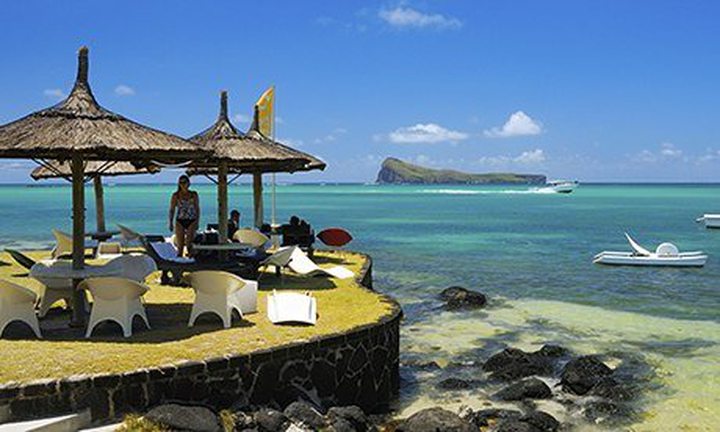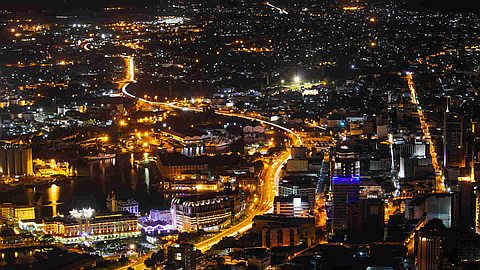Deloitte Promotes Mauritius as Tax Haven to Avoid Big Payouts to Poor African Nations

A global consultancy giant has been accused of advising big business, including UK firms, on how to avoid paying tax in some of Africa's poorest countries.
ActionAid has obtained documentation showing that Deloitte, which employs more than 200,000 people in over 150 countries, has been advising foreign companies on how, by structuring their investments through the tropical island of Mauritius, they can enjoy significant tax advantages.
The charity claims that the strategy could help companies to avoid paying hundreds of millions of dollars in tax. Deloitte insists the strategy is not about tax avoidance and attracts much-needed investment to the countries involved.
A Deloitte document, "Investing in Africa through Mauritius", passed on to the Observer, advises on investing in African companies via the island nation, which has a population of 1.3 million. The document provides the example of a foreign company investing in Mozambique, where more than 50% of the population live below the poverty line and average life expectancy is 49 years. Normally, the foreign company could expect to pay a withholding tax on the dividends flowing back to it from Mozambique of 20%. A sale of its Mozambique investment would see the company liable for a capital gains tax bill of up to 32%.
However, the Deloitte document explains that, if the foreign company made its investment through a holding company in Mauritius, it could limit the withholding tax it would have to pay to just 8%, while capital gains tax would be reduced to zero. The potential value of capital gains tax to developing economies is considerable. An Italian oil company was recently required by the Mozambique government to pay $400m (£250m) in capital gains tax.
The document explains that Mauritius could tax the holding company's profits at 15%, but that this does not happen in practice. The firm explains that any tax liability in the island is wiped out by a foreign tax credit, issued because the company has been taxed in Mozambique.
Deloitte presented the document at a conference for international businesses two weeks before this year's G8 conference in Loch Erne, Northern Ireland, when world leaders promised action to help impoverished nations improve their tax regimes. It followed claims by David Cameron that aggressive tax avoidance was "morally wrong".
More than 80 major international organisations attended the conference addressed by Deloitte. Representatives from major banks and legal firms, including Clifford Chance, Citibank, JP Morgan, the World Bank, Standard Bank and several Chinese firms, were present.
Tax campaigners are increasingly concerned about how Mauritius is used by big business with interests in Africa. The island has taken steps to aggressively position itself as the "gateway to Africa" for companies looking to invest in the continent. It currently has 14 double taxation treaties in place with African countries and a further 10 under negotiation. But ActionAid said the terms of the treaties could easily be abused by companies seeking to minimise their tax bills.
The charity wants a global clampdown on tax avoidance, which it says costs developing countries hundreds of billions of pounds a year in lost revenue. It said that, if companies paid their fair share of tax, the money could be used to fund food, health and education programmes. It cited the example of a British sugar company operating in Zambia. The money saved by the company through the legitimate use of tax avoidance schemes was enough to put 48,000 of the country's children through primary school every year.
"The tax strategy advised by Deloitte could potentially be used to deprive some of the poorest countries in the world of desperately needed tax revenues," said Toby Quantrill, ActionAid Tax Justice Policy Adviser. "In using the example of Mozambique to illustrate their strategy Deloitte chose a country where the average income is less than two dollars per day and one third of the population is chronically food insecure. Developing countries need to grow their tax revenues, which are vital to help lift people out of poverty. But that can only properly happen if large companies stop avoiding their taxes."
A Deloitte spokeswoman said it was wrong to describe applying double tax treaties, such as that between Mauritius and Mozambique, as tax avoidance: "The absence of such treaties could result in a reduction of investment, and less profit subject to normal business taxes in the countries concerned."



